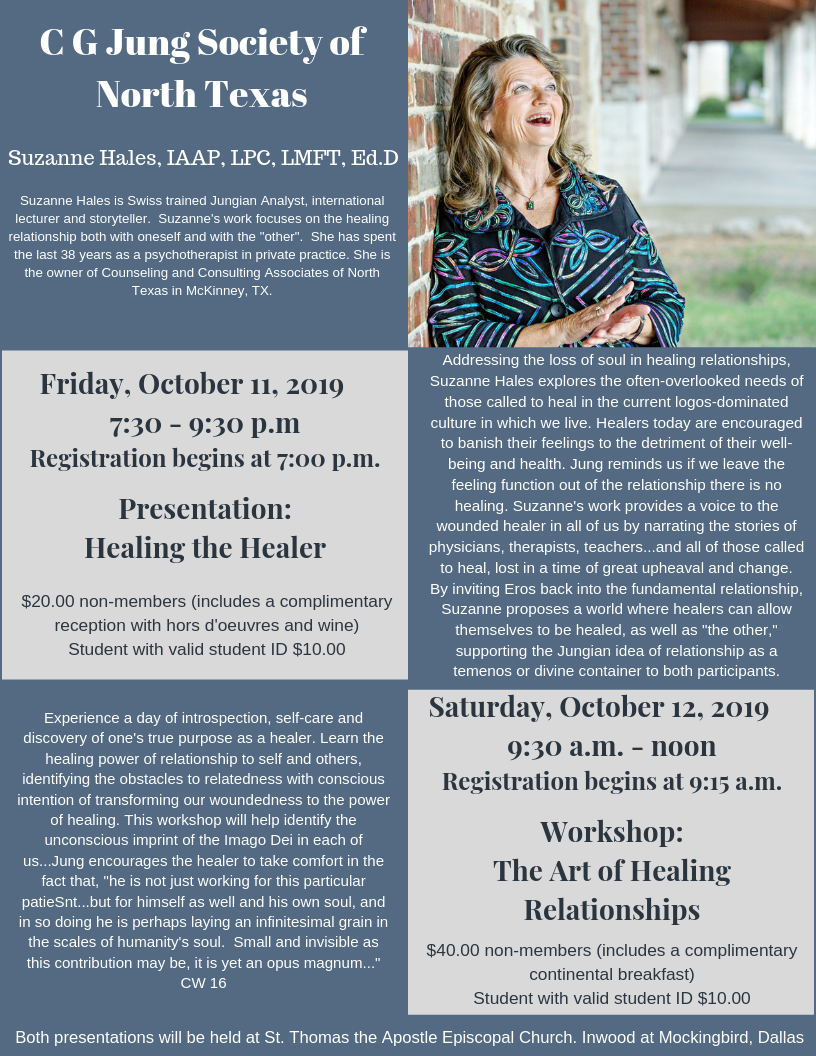Anxiety disorders are one of the most common mental health conditions, affecting millions of people worldwide. If you or someone you know struggles with anxiety, it’s important to understand what psychiatrists prescribe for anxiety to help manage and alleviate symptoms. Medications, therapy, and other treatments are often used in combination to treat anxiety effectively.
In this article, we’ll dive into the types of medications psychiatrists typically prescribe for anxiety, how they work, and other treatment options that can help individuals regain control over their lives. Whether you’re seeking help for the first time or exploring additional options, this comprehensive guide will provide clarity and valuable insights.
What Do Psychiatrists Prescribe for Anxiety?
1. Medications Commonly Prescribed by Psychiatrists for Anxiety
Psychiatrists usually start with medications when symptoms of anxiety are severe, persistent, or interfere with daily life. The following are common medication categories prescribed for anxiety:
- Selective Serotonin Reuptake Inhibitors (SSRIs)
SSRIs, such as sertraline (Zoloft) or escitalopram (Lexapro), are typically the first-line treatment for anxiety. These medications work by increasing serotonin levels in the brain, which can help improve mood and reduce anxiety symptoms. - Benzodiazepines
Medications like diazepam (Valium) or alprazolam (Xanax) are fast-acting and used for short-term relief of acute anxiety. However, due to their addictive potential, they are generally prescribed for limited durations. - Serotonin-Norepinephrine Reuptake Inhibitors (SNRIs)
Venlafaxine (Effexor) and duloxetine (Cymbalta) are examples of SNRIs that help regulate both serotonin and norepinephrine. They can be particularly helpful for generalized anxiety disorder (GAD) and social anxiety disorder. - Beta-Blockers
Beta-blockers, like propranolol, are sometimes prescribed to reduce physical symptoms of anxiety, such as a rapid heart rate or trembling. These are especially useful for situational anxiety, such as public speaking. - Buspirone
Buspirone is a non-benzodiazepine medication that is often used for chronic anxiety. It may take several weeks to show its full effects, but it is less likely to be habit-forming than other medications.
2. How Psychiatrists Use Therapy in Conjunction with Medication
While medications can help manage symptoms, many psychiatrists recommend pairing medication with therapy for more effective treatment. Cognitive-behavioral therapy (CBT) is particularly helpful for those with anxiety. CBT helps individuals identify negative thought patterns and replace them with healthier, more realistic ones. This combination of therapy and medication can be more effective than either treatment alone.
- Cognitive Behavioral Therapy (CBT)
CBT targets the underlying thoughts and beliefs that fuel anxiety. By teaching patients coping strategies, relaxation techniques, and ways to reframe their thoughts, CBT can help reduce the overall intensity and frequency of anxiety. - Exposure Therapy
In cases of specific phobias, exposure therapy is often used. It involves gradual exposure to anxiety-provoking situations, allowing patients to learn how to manage their anxiety responses in a controlled environment. - Mindfulness and Relaxation Techniques
Mindfulness-based cognitive therapy (MBCT) and relaxation techniques can be helpful adjuncts to medication. These therapies teach patients to focus on the present moment, reducing the tendency to ruminate on past or future worries.
3. Non-Medication Alternatives for Managing Anxiety
In addition to medication and therapy, psychiatrists may recommend other non-medication treatments that can help alleviate anxiety symptoms. These options can include:
- Lifestyle Changes
Incorporating regular physical activity, a balanced diet, and sufficient sleep can significantly impact anxiety levels. Exercise, in particular, has been shown to reduce stress and improve mood by releasing endorphins. - Support Groups
Talking with others who understand what you’re going through can be a powerful tool for managing anxiety. Many people with anxiety find comfort and validation in support groups, either in person or online. - Alternative Therapies
Practices such as acupuncture, yoga, and meditation have been found to reduce stress and anxiety for some individuals. While these treatments are not a substitute for professional care, they can be useful complementary therapies.
4. What to Expect from Psychiatrist Prescribed Treatments for Anxiety
When a psychiatrist prescribes treatments for anxiety, the process often involves careful monitoring and adjustment. Here’s what you can expect when starting treatment:
- Initial Consultation: A psychiatrist will assess the severity of your anxiety, explore any underlying conditions, and discuss your medical history.
- Medication Trials: It may take a few weeks for medications to show their full effect. Psychiatrists will often start with a low dose and gradually increase it to minimize side effects.
- Adjustments and Combinations: Depending on your response to treatment, the psychiatrist may adjust the type of medication or combine treatments like therapy or lifestyle changes to ensure the best possible outcome.
- Ongoing Monitoring: Regular follow-ups allow the psychiatrist to track your progress and make any necessary adjustments.
5. Possible Side Effects of Medications for Anxiety
As with any medication, there can be side effects. Here are some potential side effects associated with common anxiety medications:
- SSRIs and SNRIs: These medications can cause nausea, dizziness, sleep disturbances, or sexual dysfunction in some people.
- Benzodiazepines: Common side effects include drowsiness, dizziness, and memory problems. Long-term use can also lead to dependence.
- Buspirone: Side effects may include dizziness, headaches, and nausea, though it is generally well-tolerated.
It’s important to communicate with your psychiatrist if you experience any side effects, as they can adjust your treatment plan accordingly.
Conclusion
Anxiety is a complex disorder, and what works for one person may not work for another. Psychiatrists prescribe a variety of treatments, including medications and therapy, to help individuals manage anxiety effectively. Whether it’s through SSRIs, benzodiazepines, therapy, or alternative treatments, the key to effective anxiety management is finding a personalized plan that works for you. If you or someone you know is struggling with anxiety, don’t hesitate to reach out to a healthcare professional to explore the best treatment options available.
FAQs
1. Can anxiety be treated without medication?
Yes, anxiety can be managed with therapy alone, particularly cognitive-behavioral therapy (CBT). Lifestyle changes, relaxation techniques, and support groups can also be effective.
2. How long does it take for medications to work for anxiety?
It can take several weeks for medications like SSRIs and SNRIs to show their full effect. Benzodiazepines, however, work more quickly but are usually prescribed for short-term use.
3. Are there any natural treatments for anxiety?
While medication and therapy are often the most effective treatments, practices like yoga, meditation, and acupuncture have been shown to reduce anxiety symptoms for some people.
4. What should I do if my anxiety medication isn’t working?
If you’re not seeing improvement with your current medication, contact your psychiatrist. They may adjust your dosage, switch medications, or suggest a combination of treatments.
5. Is therapy better than medication for anxiety?
Both therapy and medication can be effective, and the best treatment often involves a combination of the two. The right approach depends on your individual needs and circumstances.



